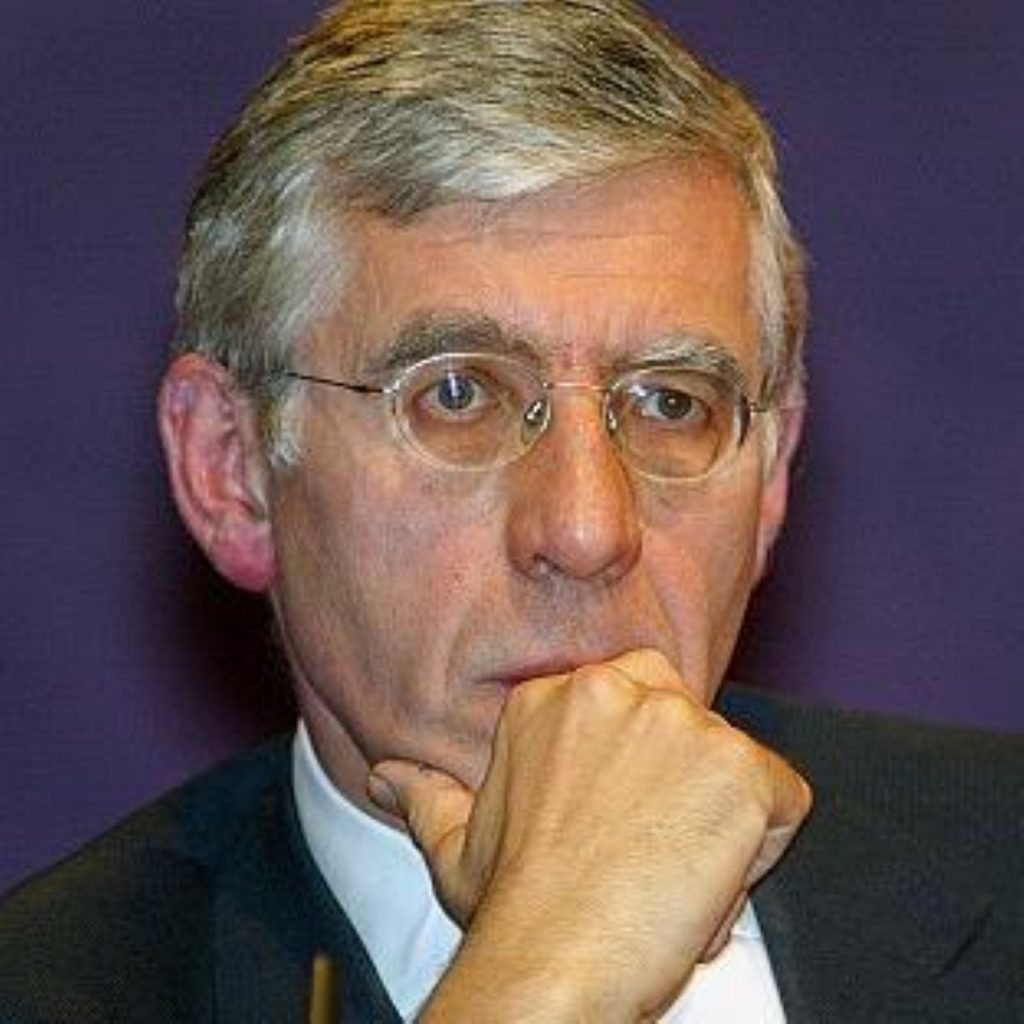Iraq war Cabinet minutes will not be published
By Matthew West and Alex Stevenson
Jack Straw has told the House of Commons that publication of the minutes of Cabinet meetings in the lead-up to the war in Iraq in 2003 is not in the public interest.
It is the first time a minister has vetoed the release of government material under section 53 of the Freedom of Information Act 2000.
The release of the information would do “serious damage” to Cabinet government and outweighed public interest needs, Mr Straw said.
In a statement read to MPs Mr Straw, who was foreign secretary at the time the UK went to war, said: “Following the information tribunal’s decision upholding the information commissioner’s decision that a redacted version of the Cabinet minutes of March 13th and 17th 2003 should be disclosed, and having taken the view of Cabinet, I have today given a certificate under section 53 of the Freedom of Information Act 2000 to the information commissioner.
“The effect of my certificate is that the disputed information – these Cabinet minutes relating to Iraq – will not be disclosed.”
MPs responded to the announcement by shouting “disgrace” repeatedly.
Mr Straw, continuing against heckling from the opposition backbenches, added: “To permit the tribunal’s view of the public interest to prevail would risk serious damage to Cabinet government; an essential principle of British parliamentary democracy. That eventuality is not in the public interest.”
The information tribunal had ruled that the minutes should be published on January 27th. The government had until today to either release the minutes or appeal the case to the court of appeal.
But the justice minister said the government had been held to account “in this place and elsewhere”.
He told MPs the decision to veto the publication of the minutes was not one that he had taken lightly but was one that was necessary. Currently, the minutes of the Cabinet meetings over the possibility of war with Iraq will not be available until 2033.
Shadow justice secretary Dominic Grieve said Mr Straw’s decision was “the right one”, but described the use of the veto as “deeply embarrassing for the government”.
He asked why the prime minister was not the one making the statement to the House of Commons when the decision to veto the publication of the Cabinet meeting minutes would have had to have had the full approval of the entire cabinet.
Mr Straw dismissed this argument, saying he would have been accused of avoiding the issue had he not carried out his duty to do so.
Mr Grieve said if a precedent had been set “all the discussions will be treated as if they could be released” before warning: “This will lead to even more sofa government than we’ve already suffered from him and his colleagues.”
Liberal Democrat justice spokesman David Howarth asked Mr Straw however why he had taken the decision to use the public interest as a reason not to disclose the minutes of the Cabinet meetings for the “first time” rather than appeal the decision of the information tribunal in the high court.
Mr Straw said the appeal could only arise on a point of law and that there was no reason to appeal on a point of law where the veto was being applied.
Tony Wright, chairman of the influential public administration select committee, argued that while he agreed with the principle of collective responsibility the value of the information tribunal’s “external and independent arbitration” was being undermined by the veto.
He asked: “Won’t this confirm people’s beliefs. there is something in the minutes which needs to be hidden?”





-01.png)